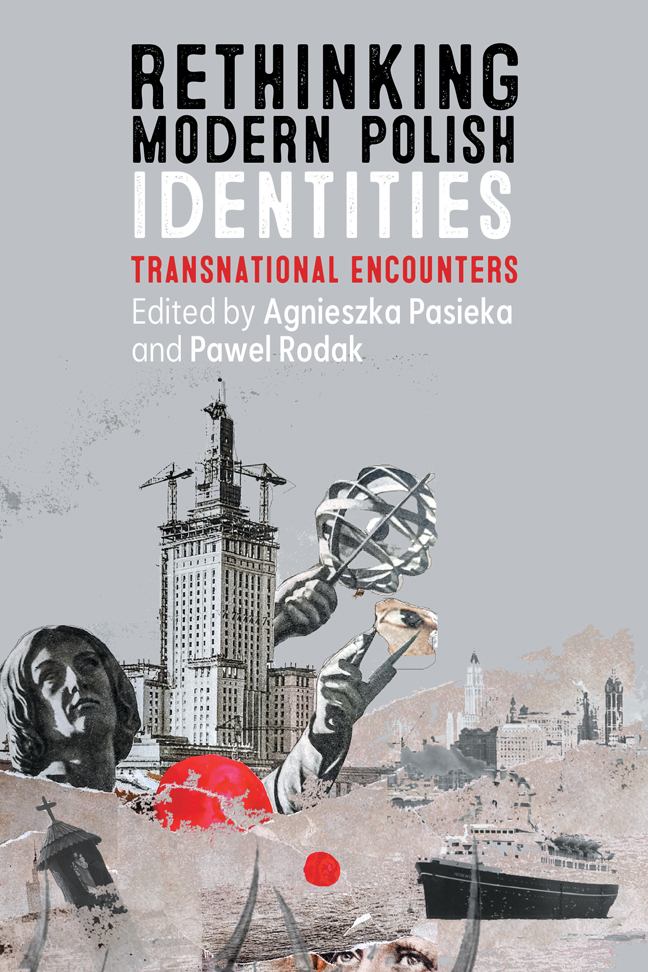Book contents
- Frontmatter
- Contents
- Acknowledgments
- Introduction: Polishness: A Story of Sameness and Difference
- Part One Redefining Polishness
- Part Two Identity in the Making
- Part Three Portraits and Performances
- Afterword: Polishness: A Time of Deconstruction, a Time of Reconstruction
- Notes on the Contributors
- Index of Names
- Index of Subjects
Afterword: Polishness: A Time of Deconstruction, a Time of Reconstruction
Published online by Cambridge University Press: 10 January 2024
- Frontmatter
- Contents
- Acknowledgments
- Introduction: Polishness: A Story of Sameness and Difference
- Part One Redefining Polishness
- Part Two Identity in the Making
- Part Three Portraits and Performances
- Afterword: Polishness: A Time of Deconstruction, a Time of Reconstruction
- Notes on the Contributors
- Index of Names
- Index of Subjects
Summary
As demonstrated by the essays collected in this volume, the notion of Polishness can be understood in many different ways. Polishness is dynamic and heterogeneous, changeable in time and space (e.g., Polishness differs across the nineteenth, twentieth, and twenty-first centuries in national or emigre contexts, or depending on the region or place of residence). Polishness is, to a large extent, likewise dependent on a given social group or class, as well as on its experiences and the languages in which these experiences were expressed—namely, in some of these encounters, the experience of Polishness was brought to the fore while in others it was completely marginalized. Thus, if the category of Polishness is to have any meaning, it is only when subjected to critical reflection, constant revision, and reconstruction processes that reveal its historical and social complexity. Such is also the purpose of the studies collected in this volume. At the same time, they are part of a broader phenomenon, that of the “reworking” of Polishness within Polish historiography and social sciences, which took place in the first two decades of the twenty-first century and has gained momentum in recent years. These efforts have become a context for the process of reconstructing Polishness as a challenge for the near future. I will thus try to point these out and briefly describe them by drawing attention to five issues, illustrating them in the context of the most recent publications. They can be classified with the following keywords: a people's history, women's experiences, Polish modernity, war and postwar, diaries and oral history. The first four concern changes in the perception of Polish history and its related discussions, the fifth regards changes in source materials that accompanies the former.
“A people's history of Poland” is a phrase that became, in a short period (2016–2021), distinctly present within Polish humanities and journalism. It was the title of an important special issue in one journal, then it became the title of a comprehensive monograph, and finally the title of a whole book series. Besides three comprehensive historical and anthropological publications (which I will refer to here), the people's history of Poland comprises today an ever-growing constellation of literary, documentary, autobiographical, theatrical, musical, and artistic works.
- Type
- Chapter
- Information
- Rethinking Modern Polish IdentitiesTransnational Encounters, pp. 348 - 358Publisher: Boydell & BrewerPrint publication year: 2023



